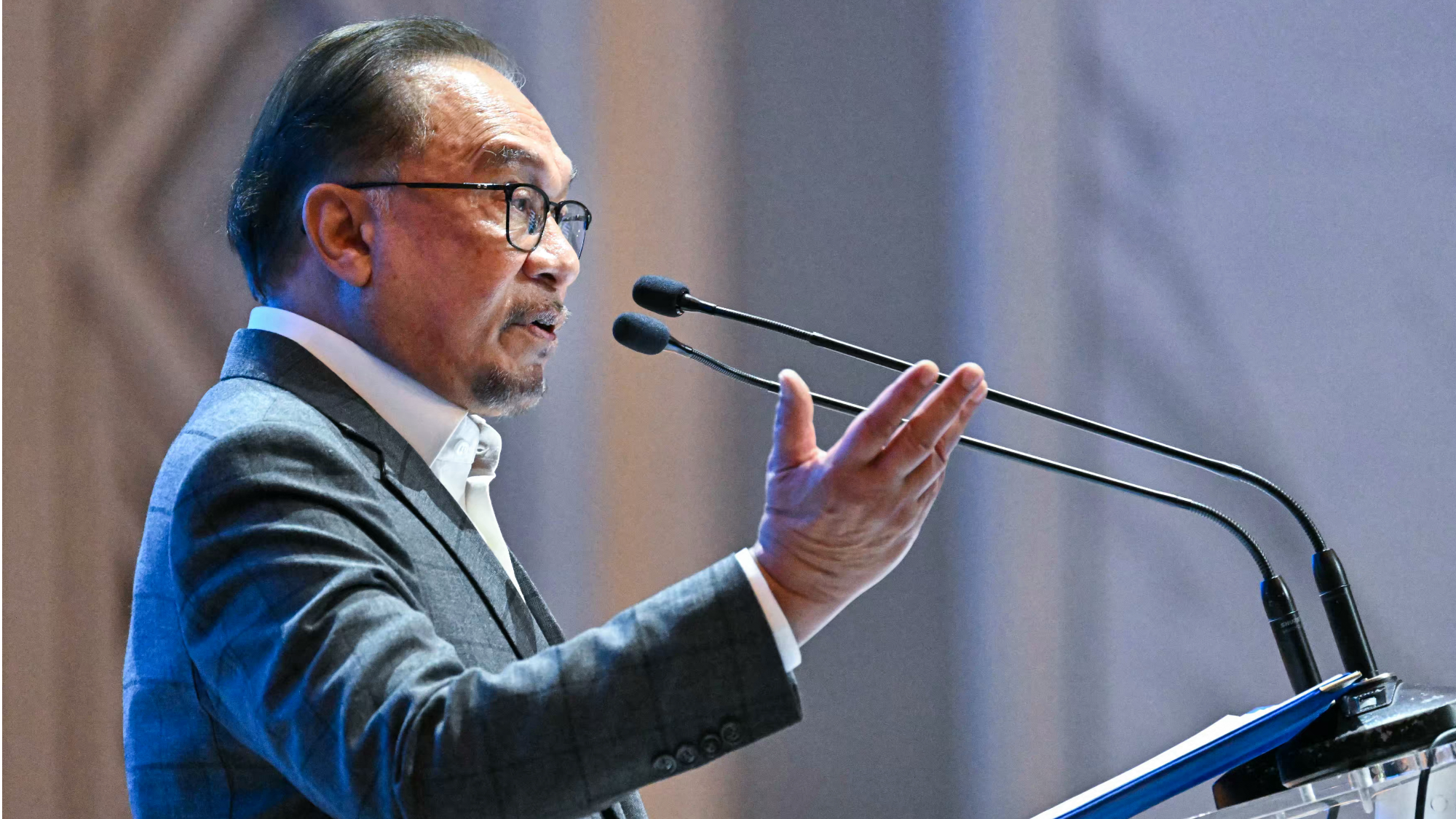
DHAKA - Malaysia's Prime Minister Anwar Ibrahim is set to arrive in Bangladesh on Friday for talks primarily focused on labor issues, according to Dhaka officials.
This will mark the first high-level visit by a foreign head of government since the interim administration, led by Nobel Peace laureate Muhammad Yunus, assumed office following the resignation of Sheikh Hasina’s government in August.
Prime Minister Anwar is expected to meet with Yunus, where a broad spectrum of issues will be on the agenda, including economic cooperation, political relations, trade and investment, education, technology, infrastructure development, and defence collaboration, a Bangladesh foreign ministry official said.
ALSO READ: Malaysia plans national cloud policy, AI regulations
Labor migration will be a key focus of the talks, as both countries seek to strengthen their cooperation in this area, the official said.
Bangladesh is a major source of labor for Malaysia, particularly in sectors such as construction, manufacturing, and agriculture.
With over a million Bangladeshi workers already in Malaysia, the talks are expected to address the challenges faced by migrant workers, including wages, working conditions, and regulating undocumented labor, another official said.
Both nations are also likely to discuss ways to streamline recruitment processes and improve labor rights protection.
The Bangladesh Association of International Recruiting Agencies (BAIRA) has called on the leaders of Bangladesh and Malaysia to dismantle a syndicate of recruiting agencies responsible for providing most migrant workers in recent years.
Since August 2022, approximately 450,000 Bangladeshi workers have migrated to Malaysia under a syndicate of 101 recruiting agencies from both countries, raising concerns over transparency and fairness in the system.


